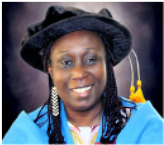
Interacting closely with members of migrant communities in the recently concluded MIGRAWARE field survey was one huge lesson in human relations. Some excerpts from our interviews are illustrated in this brief article.
Lesson one: Cultural integration and adherence to the customs and traditions of Badagry people:
Our visit to Pasukoh Ward in Badagry Local Government Area started with excitement and eagerness to commence the interview sessions with households and other stakeholders. We started by paying a visit to the traditional leader, the Baale, of Pasukoh community to explain the purpose of our visit. He welcomed us warmly and gave his approval. However, there was a necessary requirement. To our amazement, we were requested to make some cash payments and provide some items for the appeasement of the gods. This was an unexpected request, but we understood that to be necessary, if we were to commence our activity in the community. We were allowed to conduct our household survey, but the sacrifice had to be made before the FGD for the overall success of our interaction within community. It suffices to mention that we successfully conducted our interview session and made new friends.
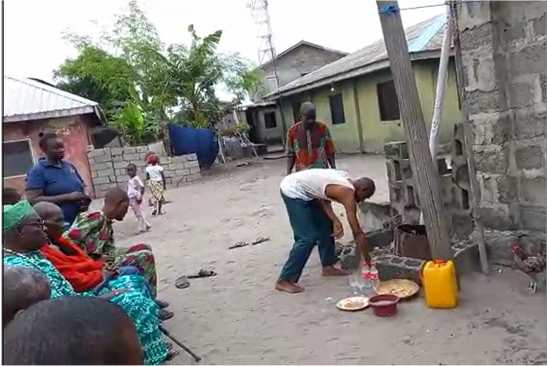
Lesson 2: Local diplomacy and conflict resolution strategy
In Nyanya Phase One, during our FGD with some community members, we were informed that they have been trying to live peacefully, with the migrant herder community. There was frequent conflict with other migrants resulting from destruction of their farms. This was a huge problem that needed to be resolved. To avoid bloody clashes, the economic migrant community found solace in using technology to document such destructions and present as evidence to the Head of the herders’ community. His evidence-based intervention has contributed to the peaceful co-existence of economic migrants and herders in the community.
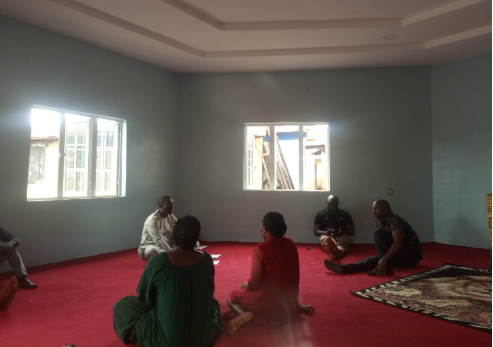
Lesson 3: Putting a round peg in a round hole
In Adekaa migrant community, we had an IDI interaction with a Special Advisor to the Governor of Benue State on Agriculture. He is a retired civil servant turned farmer with a degree in Agricultural Economics. He worked as an agricultural officer while in the civil service. Among the many questions that he was asked, these two stood out. They are:
- What can you say about the fertility of the soil in Adekaa?
“Over the years I have observed a decline in the level of yield from my farm produce. In spite of the fertilizers that I keep applying which is very expensive, the farm yields keep going down and my financial status keeps declining”.
- Do you think out-migration can improve your present status?
“Yes, in Taraba specifically because the soil is fertile and I do not need to add either organic or inorganic fertilizer do to the natural fertile of the soil of the area, this will save me the cost of buying fertilizer which will improve my present status. This is because a bag of fertilizer cost 30,000 and above depending on the type and size. This money will go a long way in the family”.
Authors
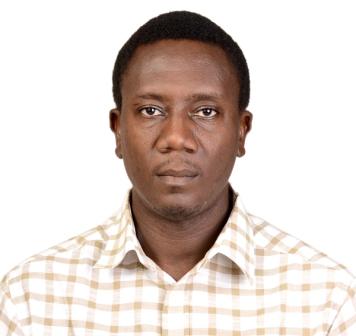
Dr. Umaru T. Emmanuel
FUT-MINNA, Nigeria
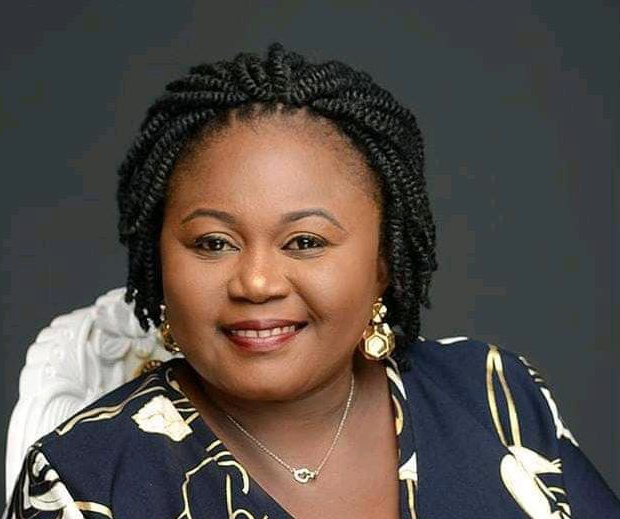
Aondoakaa Sarah Terwase
FUT-MINNA, Nigeria
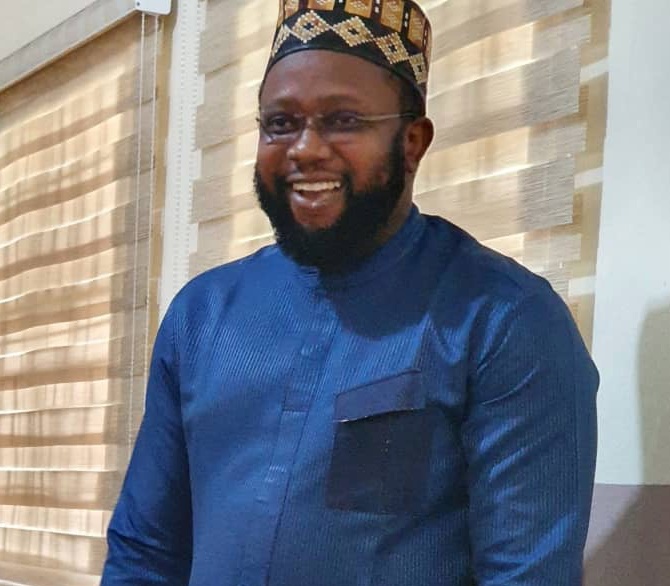
Igbo Ikechukwu Anslem
FUT-MINNA, Nigeria
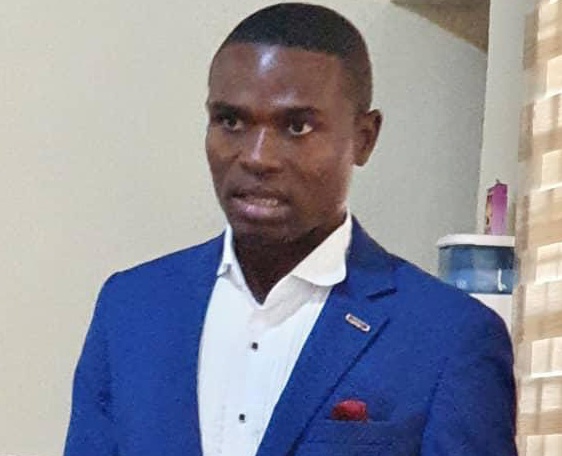
Acha Sunday Edah
FUT-MINNA, Nigeria

Christiana L. Opawale
FUT-MINNA, Nigeria
